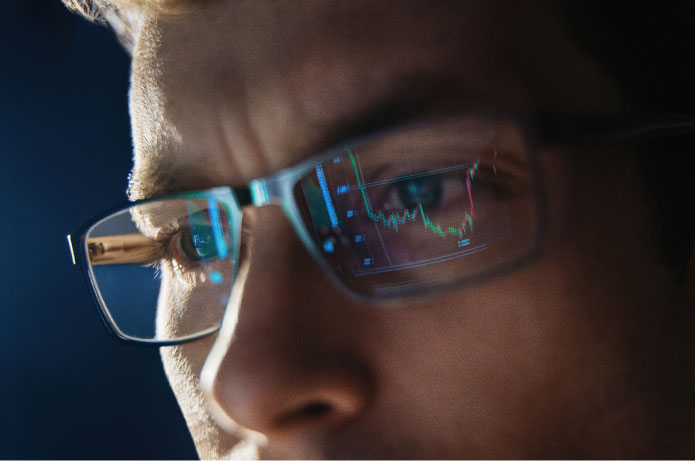From January 12 to 14, the traditional NRF – National Retail Federation 2025, Big Show, took place in New York City, USA. In its 115th edition, it has been the world’s largest annual retail event, attended by over 70 countries and attracting around 38,000 participants, with significant representation from Brazil—over 2,000 attendees.
Many articles have been published about the event, and before commenting on it, I will mention another event that precedes the NRF, the annual meeting of FIRA – International Federation of Retail Associations.
The FIRA meeting included participation from 28 retail associations across 19 countries from all continents, showcasing the strength of global retail. IDV (Institute for Retail Development) represented Brazil at the meeting, where topics on global economy and retail were discussed.
We can infer that participating countries share very similar concerns, adjusted for scale: high inflation, elevated interest rates, low economic growth, government performance issues, and in Europe, concerns over low birth rates. There was little enthusiasm about the economic future in most countries, except the United States, likely influenced by the government transition phase.
A prominent common point at the FIRA meeting was the exponential growth in recent years of small-volume exports (cross-border) from Asian countries to nearly all present nations. Many are, let’s say, ‘disoriented’ about how to address this. In this regard, Brazil is on the right path with its governance initiative for competitive fairness via the ‘Remessa Conforme’ program, which is beginning to show results, albeit still insufficient.
Returning to NRF 2025, the event featured 250 lectures covering a wide range of critical topics for the retail sector. There was also a vast exhibition area with around 800 exhibitors showcasing innovations shaping retail’s future—from payment solutions to advanced data analytics tools.
Worldwide press coverage of NRF 2025 highlighted several key points, such as:
- Physical stores are reinventing themselves not just to attract customers but to keep them longer inside, emphasizing growing importance of personalization and customer experience in modern retail.
- The crucial role of sustainability and social responsibility in retail operations, topics covered in several lectures but with less intensity this year.
- The impact of emerging technologies like artificial intelligence, focused on boosting productivity, improving operations, understanding consumer behavior, and communication.
- The gains amplified by the effective implementation of omnichannel, indispensable for retail growth and success.
- Advances in marketing and monetization of digital and physical spaces, with endless possibilities for retail media.
With so many lectures and exhibitors showcasing product and service technologies, a wealth of material was generated for specialized retail companies to host excellent post-NRF meetings in Brazil.
Those who attended NRF or are well-informed about its content might be wondering—depending on their company’s structure and size—
Where to begin?
The answer is complex. All available technologies—such as fully autonomous stores (managing everything from customer entry to restocking and digital payments), image-based checkout without barcodes, in-store inventory robots, digital media strategies with generative AI, and other innovations—require, above all, a solid, structured, and constantly updated database, specialized personnel, and the right tools. Without this foundational setup, implemented effectively, there’s a significant risk of failure.
Using advanced technologies is no longer a trend but a strategic necessity for companies aiming to remain market-relevant.
Thus, Brazilian retail faces an important mission: keeping up with technological trends, implementing them, and simultaneously ensuring ROI on tech investments—a challenge for retailers of all sizes, especially small and medium enterprises struggling with financial resource scarcity.
The retail sector, representing about 25% of GDP, is crucial to the economy. It demands public and private financial support programs to enable technological development, fostering a thriving and modern retail industry in Brazil.


